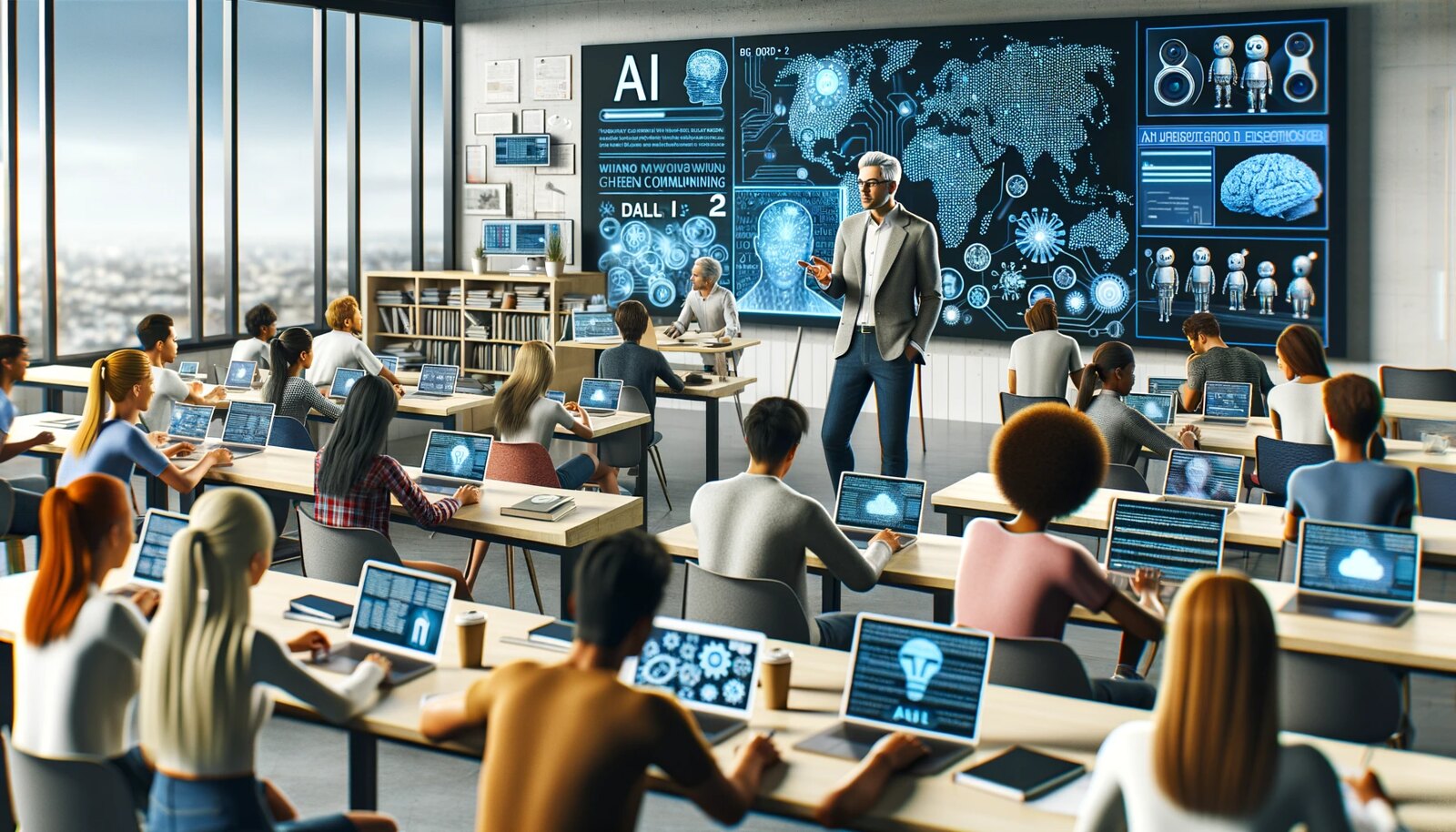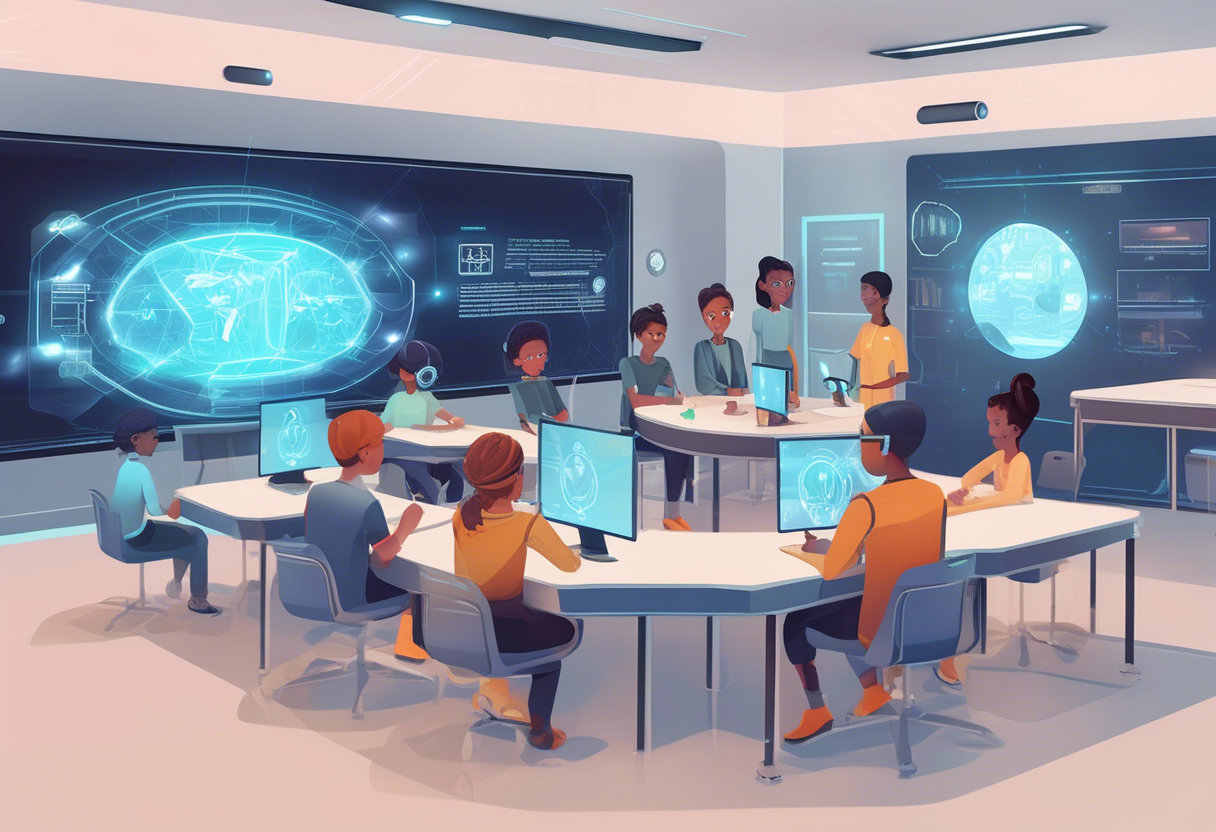
The way we learn is changing fast, thanks to AI agents. Picture this: personalized education becomes the norm. AI tutors adjust to how you learn best, and traditional education keeps evolving. A recent study shows 77% of educators think AI will greatly change student learning in the next ten years. This isn't just a dream—it's happening now! In this article, we'll explore AI agents in learning. We'll look at their benefits, how they're used, and the ethical questions they raise. Whether you're a teacher, a student, or just curious about where education is headed, let's see how these smart systems are changing how we pick up knowledge and skills.
Summary: This article discusses the role of AI agents in learning, highlighting their benefits, practical applications, challenges, and future innovations. It also considers ethical considerations and addresses frequently asked questions about AI in education.
Understanding AI Agents in Learning
Definition and Capabilities of AI Agents in Education
AI agents function as digital assistants, observing their surroundings, processing information, and autonomously acting to achieve specific objectives. In educational settings, these agents enhance learning by:
- Personalizing lessons for individual students.
- Managing administrative tasks efficiently.
- Providing support to both students and teachers as needed.
These agents are designed to operate independently, continuously learning and making decisions based on real-time data. They are capable of:
- Operating 24/7.
- Managing interactions with multiple students simultaneously.
- Integrating seamlessly with platforms like LMS and online courses.
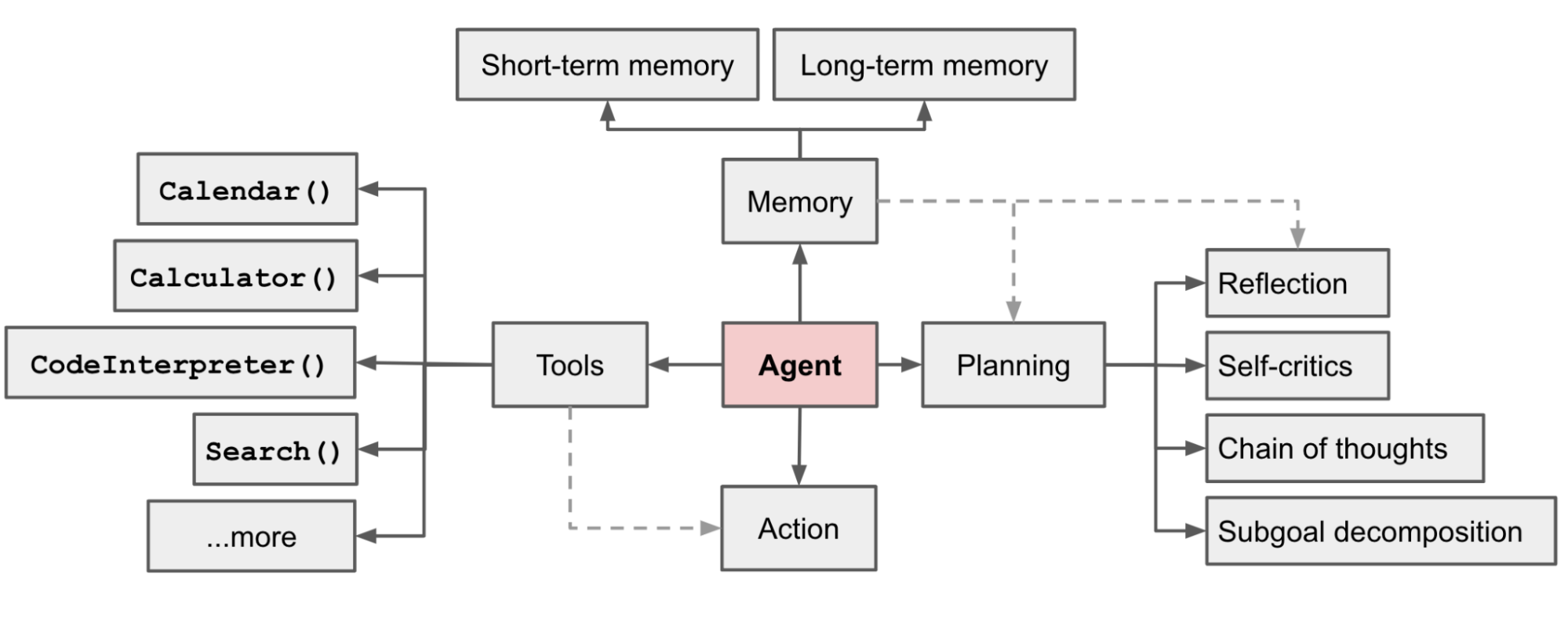
Unlike traditional tools, AI agents adapt their teaching methods according to each student's learning style, pace, and performance. By leveraging advanced technologies, they interpret various types of information—text, voice, and video—enabling them to reason, plan, memorize, learn, and decide. This capability allows them to provide tutoring and assistance at any time, something a human teacher cannot always do.
Theoretical Foundations of AI Agents in Learning
AI agents are designed to focus on specific tasks and goals, distinguishing them from general AI, which aims to replicate human intelligence. The ReAct Framework outlines how these agents autonomously think and act by integrating reasoning, planning, and memory to accomplish tasks.
Over time, AI agents improve by learning from their actions and the data they collect, enhancing their decision-making and adaptability. This continuous improvement is crucial to their effectiveness in educational environments. Core principles of AI agents include:
- Autonomous operation with minimal human intervention.
- Data-driven decision-making.
- Collaboration with other agents to tackle complex tasks.
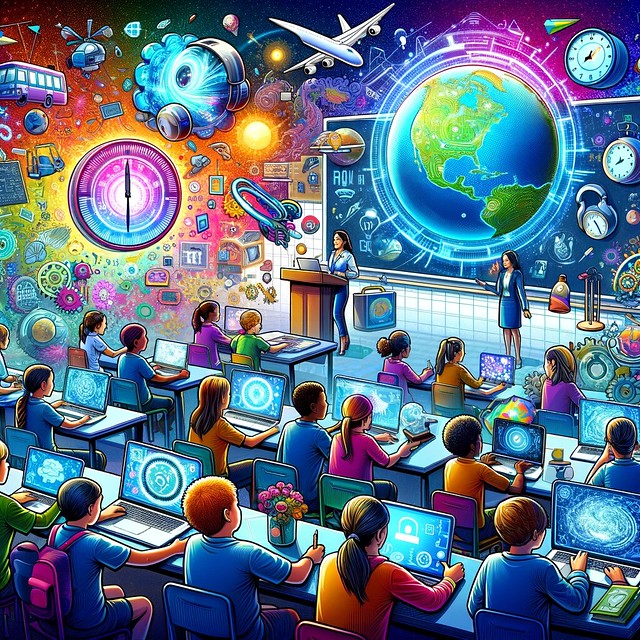
In educational contexts, these principles facilitate the creation of personalized learning pathways, automate repetitive tasks, and extend learning beyond the traditional classroom. Envision a smart tutor that assesses your progress and autonomously adjusts lesson difficulty to suit your needs.
Benefits of AI Agents in Learning and Development
Personalized Learning with AI Agents
AI agents have revolutionized the learning experience by tailoring education to individual needs. These intelligent systems analyze your performance, adjusting lessons and pacing to suit your requirements. Think of them as your personal learning coach, guiding you with suggestions that align with your career, experience, and objectives.
- Customized Learning Paths: AI systems evaluate your skills and career goals, crafting personalized plans that evolve as you progress.
- Enhanced Engagement: By adapting teaching methods based on your feedback, AI agents increase engagement, improve retention, and reduce dropout rates.

This personalized approach provides immediate assistance and customized learning paths. Explore more about AI agents for learning.
AI Agents for Efficiency and Scalability
AI agents enhance educational efficiency by processing large data sets rapidly, identifying trends, and facilitating quicker decision-making for improved learning outcomes.
- Task Distribution: By assigning tasks to various AI agents, learning becomes more targeted and collaborative.
- Ongoing Optimization: Continuous feedback allows AI agents to refine their performance, ensuring they remain effective and relevant.
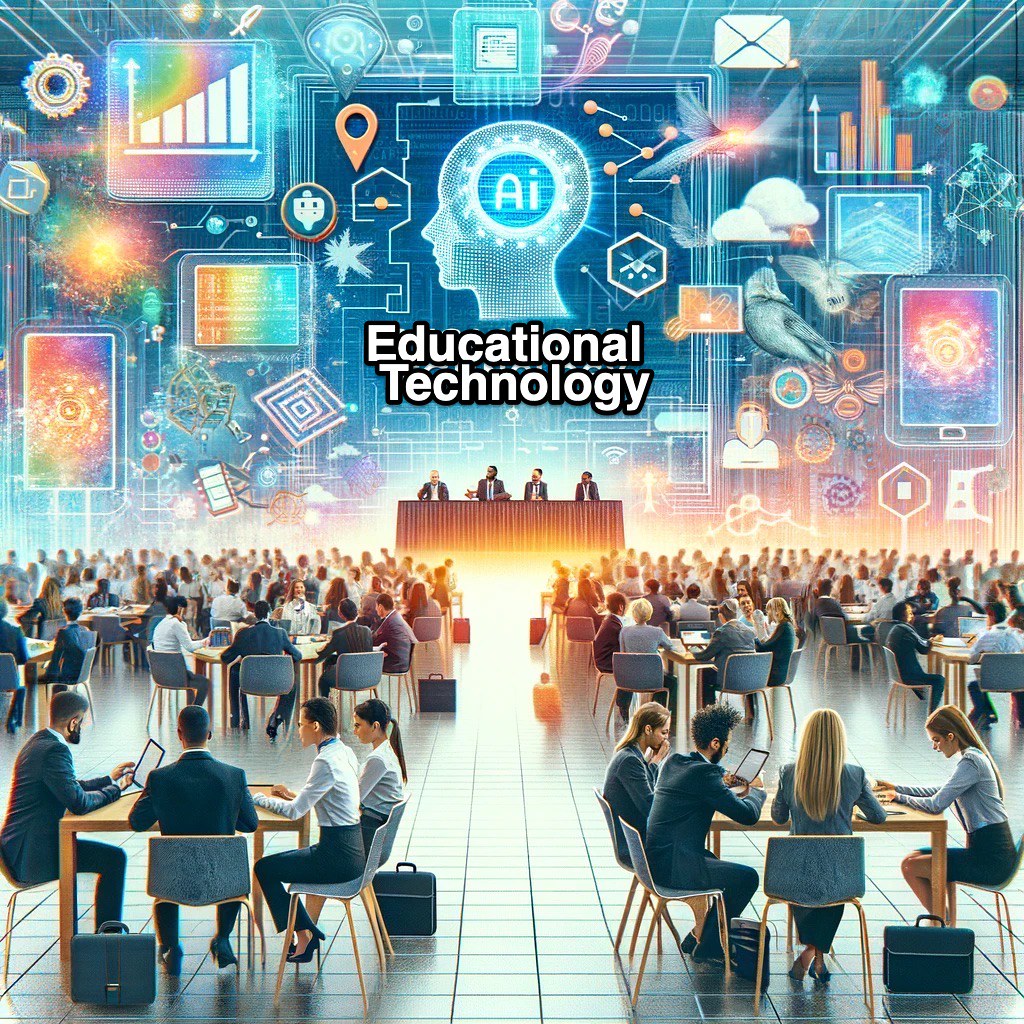
These agents operate across multiple platforms, reaching a broad audience and making personalized learning accessible. Financial benefits include reduced development time, cost savings, and optimized expert resource utilization, enhancing ROI. For instance, AI-powered training platforms can automate content creation, assess learners, and track progress, allowing thousands to access customized courses while refining content. Discover more about AI agents' efficiency.
AI Agents Boosting Engagement and Educator Support
AI agents play a crucial role in enhancing engagement by creating interactive learning environments. They leverage gamification and adaptive techniques to motivate learners and aid memory retention.
- Educator Empowerment: By automating administrative tasks, AI provides insights into student performance and offers tailored teaching advice, allowing educators to focus on instruction.
- Real-Time Assistance: Chatbots and AI coaches deliver instant knowledge and answer queries, supporting learners and professionals precisely when needed.
With AI handling routine tasks, educators can dedicate more time to strategic planning and innovation. An AI teaching assistant that provides real-time feedback, automates grading, and suggests interventions exemplifies this, enhancing teacher effectiveness and student engagement. Learn more about AI agents in education.
Practical Applications and Use Cases
AI Agents Revolutionizing Education
AI agents are revolutionizing education by customizing learning experiences and managing administrative tasks. They monitor student progress, identifying challenges early on, and either provide resources or notify instructors to intervene. This proactive approach ensures students receive the support they need before issues escalate.
AI tutors act as on-demand assistants, answering questions and offering explanations precisely when needed. They adapt their methods based on individual student data, enhancing clarity and understanding.
In higher education institutions, AI agents handle routine administrative tasks such as scheduling, attendance tracking, and course registration. This allows educators to concentrate more on teaching. AI recruiters, like those at CollegeVine, autonomously reach out to prospective students, effectively expanding staff capabilities. Additionally, AI agents personalize learning content, pace, and format to suit each student, resulting in more engaging and effective learning experiences.
AI Agents in Enterprise Learning and Development
AI agents are making significant strides in workplace learning as well. They design learning paths tailored to each employee’s performance and learning style. By automating routine tasks, AI agents enable learning professionals to focus on strategic projects.

In training environments, AI agents provide instant, on-demand assistance, increasing learner engagement and knowledge retention. They simulate human interaction and utilize performance data to deliver scalable, personalized instruction, accommodating diverse learning needs within organizations. Consequently, employees receive training that is precisely suited to them, facilitating faster skill development and improved learning outcomes. AI agents can dynamically adjust training materials, fostering continuous growth and innovation in the workplace.
AI agents in learning are demonstrating their value, from personalized tutoring and adaptive learning to automating administrative tasks. They are making a significant impact in both educational institutions and businesses. Learn more about AI agents in education.
Challenges and Ethical Considerations
Cognitive Risks and Ethical Governance in AI Learning
AI in education offers the potential to make learning more personalized and alleviate teachers' workloads. However, to integrate AI effectively, schools must establish comprehensive policies addressing issues of equity, bias, and privacy.
- Over-reliance on AI: If students depend too heavily on AI, they might resort to skimming through tasks without engaging deeply, which can impair their critical thinking and teamwork skills.

- Hands-on learning: It is crucial for educators to advocate for experiential learning and foster real human connections.
The rapid adoption of AI in classrooms often catches teachers and school leaders off guard, underscoring the need for clear regulations and ethical guidelines to ensure responsible AI use. Developing ethical AI involves prioritizing fairness, transparency, and ensuring AI systems are both equitable and understandable.
Ensuring Data Privacy and Security in AI Education
AI tools in educational settings require significant amounts of student data, raising substantial privacy and security concerns. Schools must implement robust protections, such as encryption and secure data storage, and maintain transparency regarding data collection and usage.
- Compliance with privacy laws: Adhering to regulations like FERPA and GDPR is essential for maintaining trust and safeguarding student information.
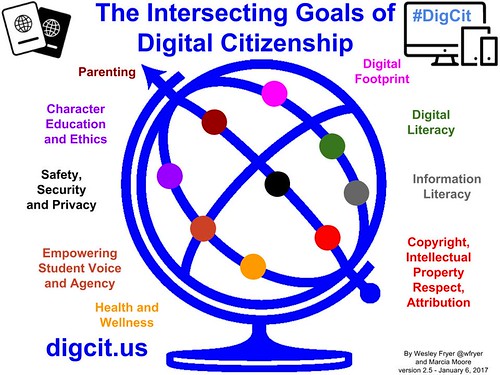
- Open communication: Engaging in transparent discussions with students and parents about data management practices is vital.
Additionally, ensuring equitable access to AI-driven learning is a challenge. Many underprivileged communities lack reliable devices, internet access, or digital literacy, leading to missed educational opportunities. Bridging this digital divide requires collaboration among governments, schools, and private organizations to provide affordable devices, community internet hubs, and specialized training, ensuring that all students can benefit from AI in education.
AI agents in education
Ethical considerations for AI use in education
AI agents in education
AI agent ethics
Future Prospects and Innovations in AI Agents for Learning
Emerging Trends in AI Agents in Learning
By 2025, AI agents have become a significant force in educational technology, revolutionizing the learning experience through personalization. These agents adapt content and support based on individual student performance and preferences, operating autonomously to enhance educational outcomes.
Key Features of AI Agents in Education:
- Personalized Support: AI agents provide tailored assistance, offering quick feedback on student work, adjusting study plans, and aiding in complex subjects to improve comprehension and retention.
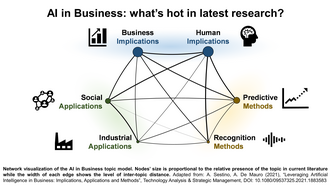
- Automated Administrative Tasks: By handling routine tasks like grading and scheduling, AI agents free up educators to concentrate on teaching and mentoring.
- AI-Driven Learning Ecosystems: These systems dynamically modify courses and content, enhancing accessibility and engagement with 24/7 support, interactive simulations, and collaborative learning opportunities.
Looking forward, we anticipate further developments such as VR/AR learning environments, the integration of ethical AI teaching, and the evolution towards fully AI-powered learning systems.
Impact of Companies like Deepbrain AI on AI Agents in Learning
Companies like Deepbrain AI are spearheading the development of AI agents that personalize learning and automate administrative functions, fostering smarter educational environments.
Contributions of Deepbrain AI:
- Generative AI Content Creation: Utilizing AI to develop engaging materials such as videos, quizzes, and simulations, enhancing the interactivity and quality of learning resources.
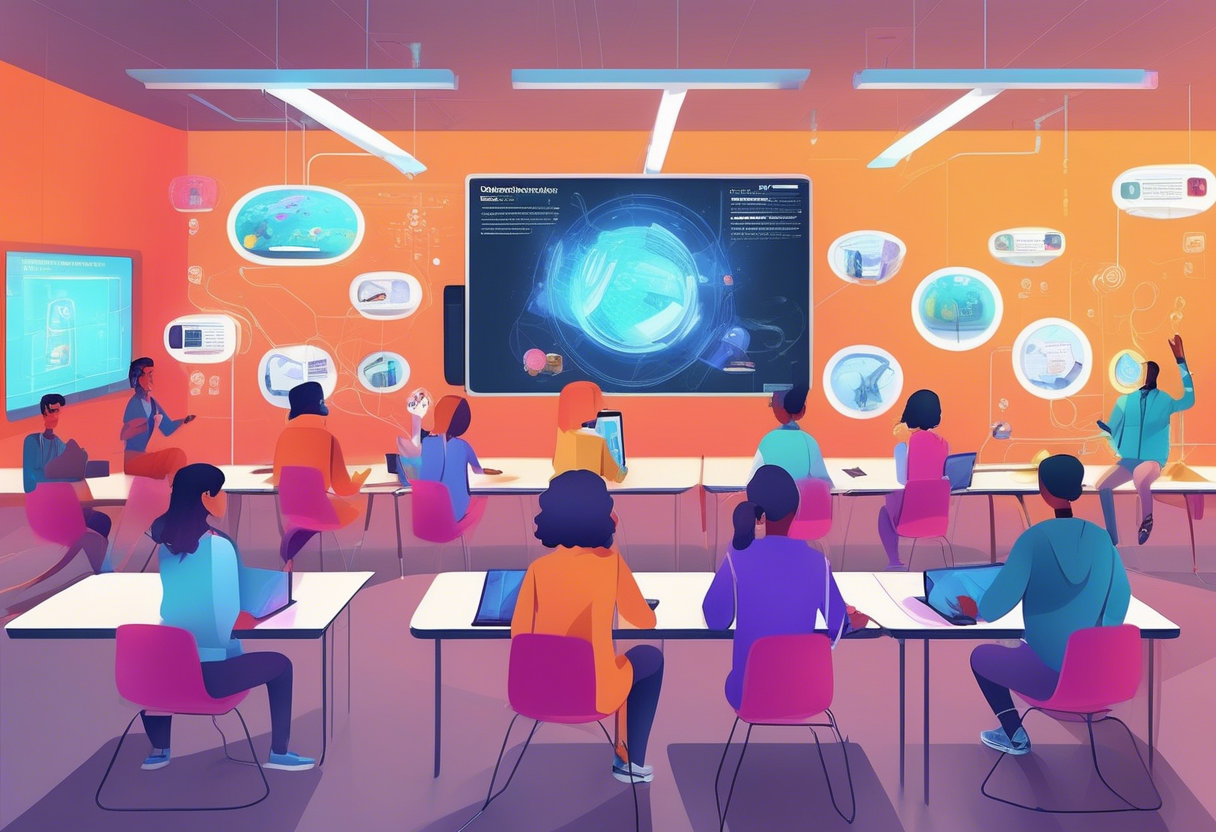
- Integration of AI Agents in Education Platforms: Providing continuous support, improving accessibility, and facilitating collaborative and immersive learning experiences.
- Automation of Routine Tasks: By automating grading and scheduling, Deepbrain AI enables educators to dedicate more time to mentoring and personalized instruction.
Deepbrain AI's platform leverages AI agents to produce customized videos and interactive content tailored to each student, while also streamlining administrative tasks to ensure smooth educational operations.
FAQs
1. How Do AI Agents in Learning Personalize Student Experiences?
AI agents are transforming education by personalizing learning experiences. They assess a student's performance and adjust content, pace, and delivery methods to align with individual learning styles. By identifying strengths and areas for improvement, these AI tools create a customized learning path.
For instance, AI provides instant feedback and adapts lessons dynamically, enabling students to progress at their own pace. Platforms like Kira Learning utilize AI to design lesson plans that adhere to curriculum standards and offer timely assistance. Imagine an AI agent analyzing quiz scores and learning speeds, then tailoring future lessons to address weaknesses while reinforcing strengths. This approach ensures students receive the support and feedback necessary throughout their educational journey.
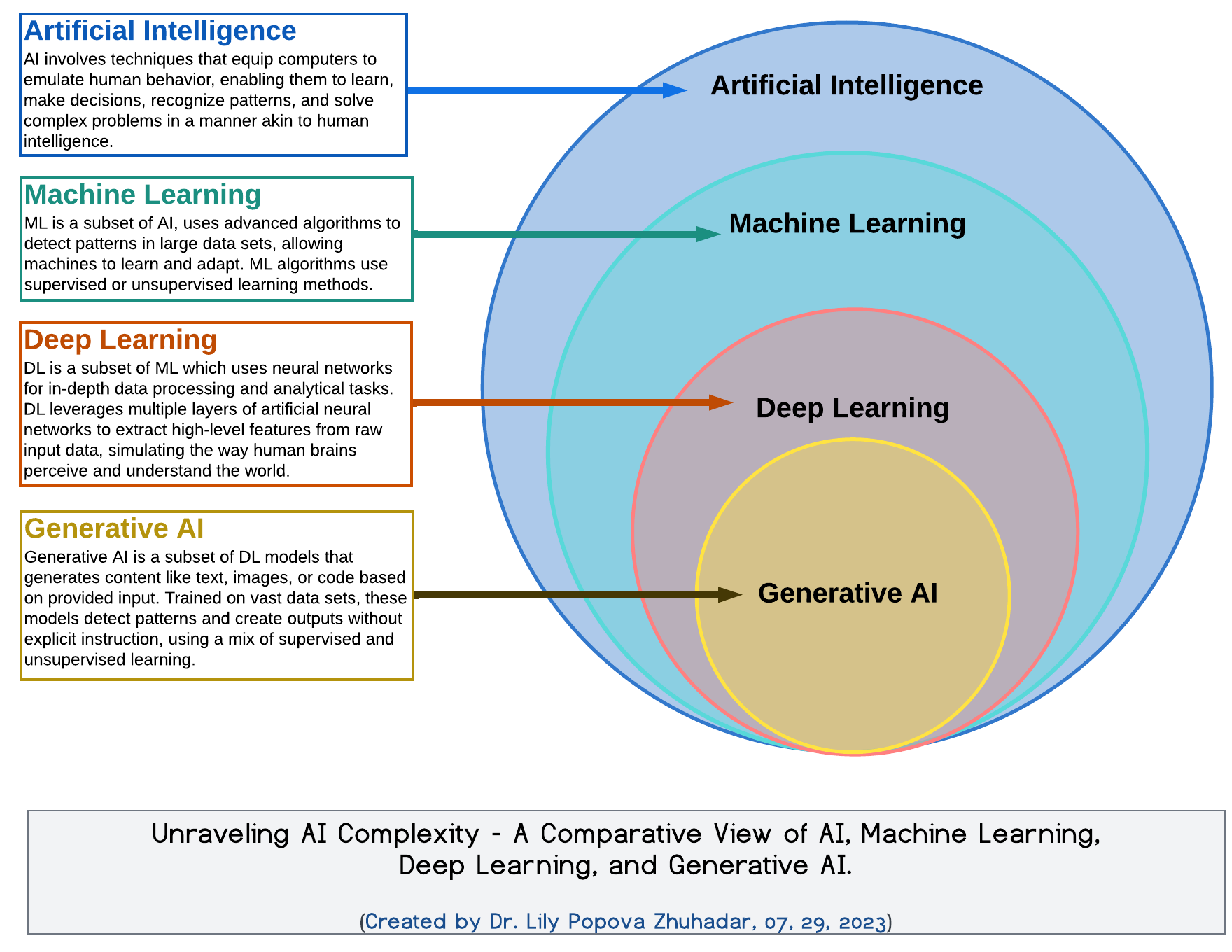
2. Challenges of Implementing AI Agents in Learning Environments
Integrating AI agents into education presents several challenges. Concerns include the accuracy of AI outcomes, data privacy, and preventing algorithmic bias. These issues can affect educational fairness, emphasizing the importance of AI complementing rather than replacing human teachers.
Successful AI implementation requires the integration of various school data sets, crucial for informed AI decision-making. Schools must also adhere to data privacy regulations and ensure AI systems do not perpetuate existing data biases. Additionally, the technical challenge of seamlessly integrating AI with existing systems must be addressed. Comprehensive teacher training is essential for effectively utilizing AI tools in classrooms.
3. Enhancing Teacher Support with AI Agents in Learning
AI agents significantly aid teachers by automating routine tasks such as grading, lesson planning, and paperwork management. This automation allows teachers to dedicate more time to student interaction and developing teaching strategies.
For example, AI can grade assignments and identify students needing additional support, enabling teachers to provide more personalized assistance. By analyzing student data, AI offers insights that guide teachers in making informed intervention decisions. Acting as virtual staff, AI agents make decisions and take actions based on available information.
They enhance school efficiency by breaking down data barriers and employing predictive analytics. Platforms like Cogniti enable teachers to create custom AI chatbots for student support, ensuring personalized and equitable access to AI tutoring. Furthermore, AI agents excel in hybrid learning environments, bridging in-person and online education, tracking real-time student performance, suggesting personalized learning paths, and providing instant feedback to maintain engagement.
